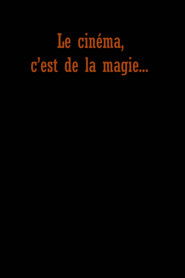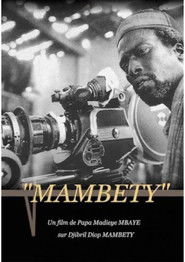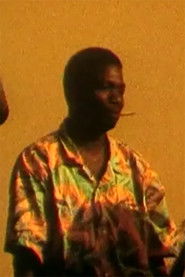Ninki Nanka, The Prince of Colobane
In April and May 1991, Djibril Diop Mambéty shot his second—and final—feature, Hyenas, a free, lyrical adaptation of Friedrich Dürrenmatt’s play The Visit, which he had been dreaming of bringing to life for years. Rather than taking the making-of approach, Ninki Nanka, The Prince of Colobane used the filming of Mambéty’s movie, which he wrote, directed, and acted in, as a pretext to examine his character. Following him throughout the shoot and also paying visits to his family and childhood friends, Laurence Gavron set off on a quest to find the real Djibril—actor, author, filmmaker, brilliant poet, rogue and clairvoyant, charmer with a big heart—in order to expose the different facets of this generous, creative, and fiercely committed vagabond spirit.








